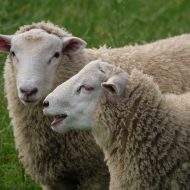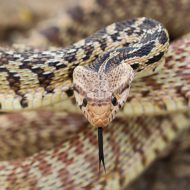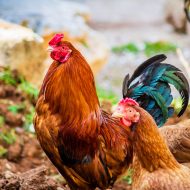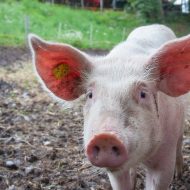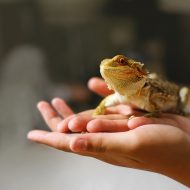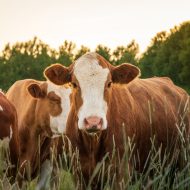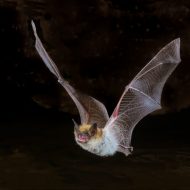Salmonellosis
The bacteria called Salmonella, lives in the insides of humans and animals. Many animals can spread the disease to humans such as frogs, chickens, birds, hamsters, sheep, pigs, dogs and many more. Salmonellosis is also found in many different types of foods.
Overview
How can I get sick?
- Eating food or drinking water that has the bacteria in it.
- Salmonellosis has been found in meat items (beef or pork), poultry items (chicken), dairy items (milk or cheese), fruits, vegetables (lettuce or sprouts), undercooked or raw eggs, nut butters (almond butter or peanut butter), and pet food or treats.
- Touching an infected* animal’s poop or their cage or bedding and not washing your hands.
Note: Not all infected* animals look sick, they can sometimes look healthy, but they can still make you sick.
Symptoms in humans:
- Diarrhea (runny poop)
- Fever (when your body gets a little hotter than normal)
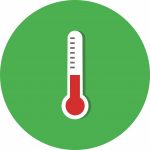
- Stomach pain
- Feeling like you need to throw up
- Throwing up
- Headache
What can I do to stay healthy?
- Wash your hands after touching an animal and their environment! Do not put your hands in your mouth or near your face after touching an animal.
- Proper Handwashing – Wash your hands with soap and running water for at least 20 seconds. Make sure to scrub your thumbs, between your fingers and the tops and bottoms of your hands. Dry your hands with a paper towel.
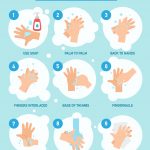
- Keep a clean fridge where you store your meat, eggs, vegetables or fruits!
- Make sure you wash your hands properly before and after cooking food.
- Do not eat or drink around animals or the environment that they live in.
- Cook your chicken, pork, and beef to their appropriate internal temperatures:
- Chicken: All poultry should reach a safe minimum internal temperature of 165 °F (73.9 °C) as measured with a food thermometer. Check the internal temperature in the innermost part of the thigh and wing and the thickest part of the breast.
- Pork: Cook all raw pork steaks, chops, and roasts to a minimum internal temperature of 145°F (62.8 °C) as measured with a food thermometer before removing meat from the heat source.
- Beef: Cook all raw beef steaks and roasts to a minimum internal temperature of 145 °F (62.8 °C) as measured with a food thermometer before removing meat from the heat source.
*Definitions:
- Infected: When germs get inside of a body, animal, or an organism.
Species Affected
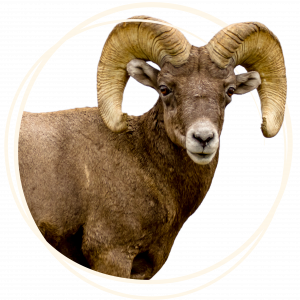
Learn About Other Diseases
Click below to learn more about the many different diseases that can spread between animals and humans.
Diseases

